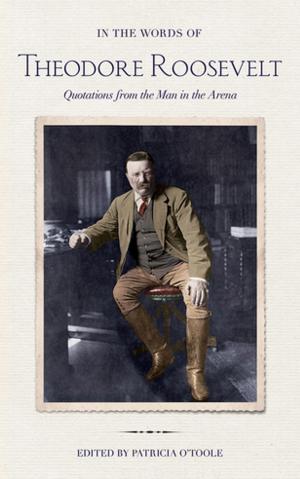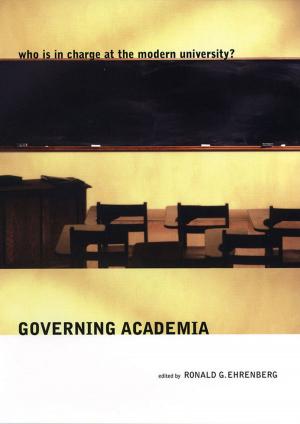Legal Tender
Love and Legitimacy in the East German Cultural Imagination
Fiction & Literature, Literary Theory & Criticism, European, German| Author: | John Griffith Urang | ISBN: | 9780801476976 |
| Publisher: | Cornell University Press | Publication: | December 15, 2009 |
| Imprint: | Cornell University Press and Cornell University Library | Language: | English |
| Author: | John Griffith Urang |
| ISBN: | 9780801476976 |
| Publisher: | Cornell University Press |
| Publication: | December 15, 2009 |
| Imprint: | Cornell University Press and Cornell University Library |
| Language: | English |
At first glance, romance seems an improbable angle from which to write a cultural history of the German Democratic Republic. By most accounts the GDR was among the most dour and disciplined of socialist states, so devoted to the rigors of Stalinist aesthetics that the notion of an East German romantic comedy was more likely to generate punch lines than lines at the box office. But in fact, as John Urang shows in Legal Tender, love was freighted as a privileged site for the negotiation and reorganization of a surprising array of issues in East German public culture between 1949 and 1989. Through close readings of a diverse selection of films and novels from the former GDR, Urang offers an eye-opening account of the ideological stakes of love stories in East German culture.
Throughout its forty-year existence the East German state was plagued with an ongoing problem of legitimacy. The love story's unique and unpredictable mix of stabilizing and subversive effects gave it a peculiar status in the cultural sphere. Urang shows how love stories could mediate the problem of social stratification, providing a language with which to discuss the experience of class antagonism without undermining the Party's legitimacy. But for the Party there was danger in borrowing legitimacy from the romantic plot: the love story's destabilizing influences of desire and drive could just as easily disrupt as reconcile. A unique contribution to German studies, Legal Tender offers remarkable insights into the uses and capacities of romance in modern Western culture.
At first glance, romance seems an improbable angle from which to write a cultural history of the German Democratic Republic. By most accounts the GDR was among the most dour and disciplined of socialist states, so devoted to the rigors of Stalinist aesthetics that the notion of an East German romantic comedy was more likely to generate punch lines than lines at the box office. But in fact, as John Urang shows in Legal Tender, love was freighted as a privileged site for the negotiation and reorganization of a surprising array of issues in East German public culture between 1949 and 1989. Through close readings of a diverse selection of films and novels from the former GDR, Urang offers an eye-opening account of the ideological stakes of love stories in East German culture.
Throughout its forty-year existence the East German state was plagued with an ongoing problem of legitimacy. The love story's unique and unpredictable mix of stabilizing and subversive effects gave it a peculiar status in the cultural sphere. Urang shows how love stories could mediate the problem of social stratification, providing a language with which to discuss the experience of class antagonism without undermining the Party's legitimacy. But for the Party there was danger in borrowing legitimacy from the romantic plot: the love story's destabilizing influences of desire and drive could just as easily disrupt as reconcile. A unique contribution to German studies, Legal Tender offers remarkable insights into the uses and capacities of romance in modern Western culture.















